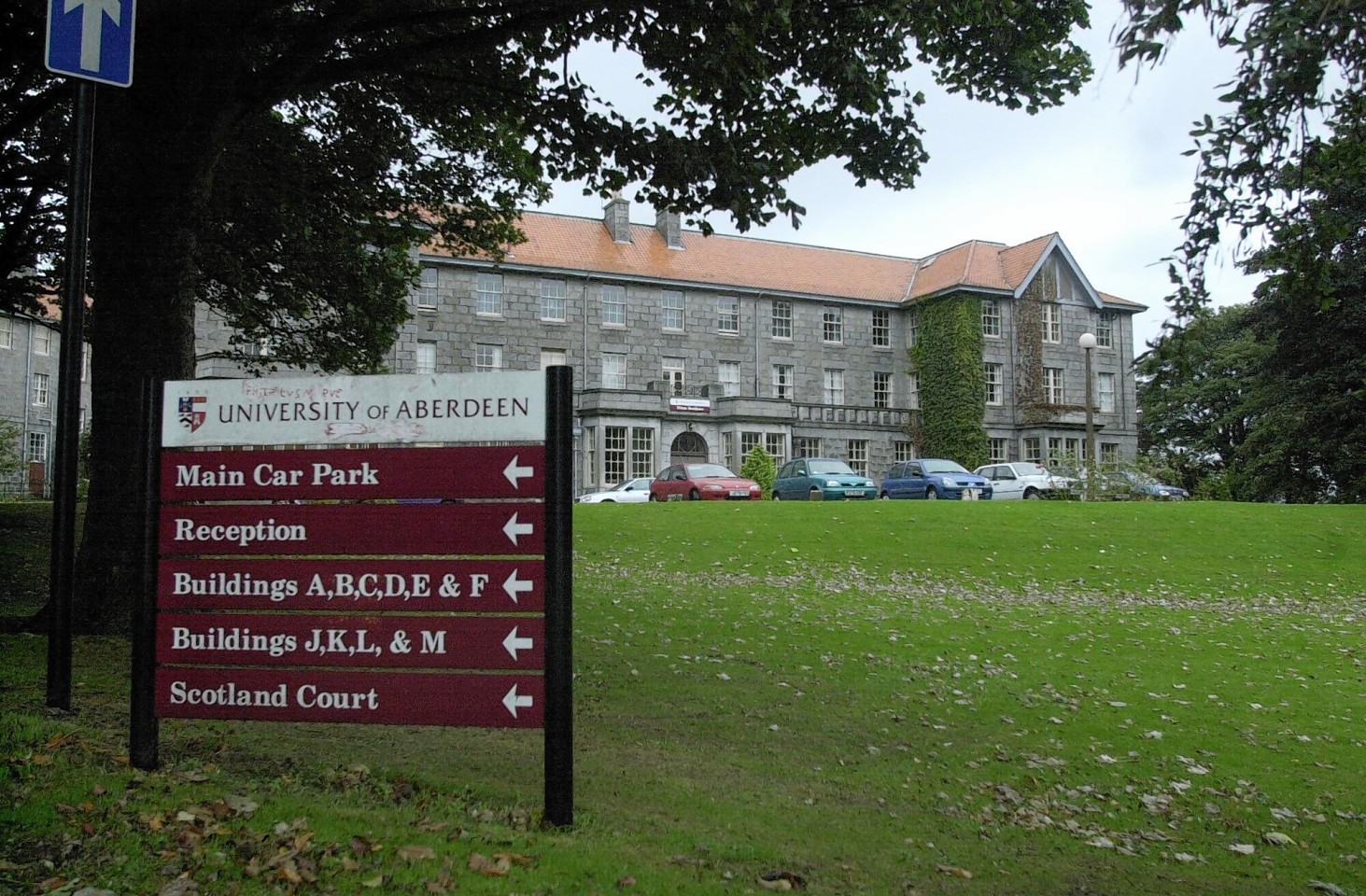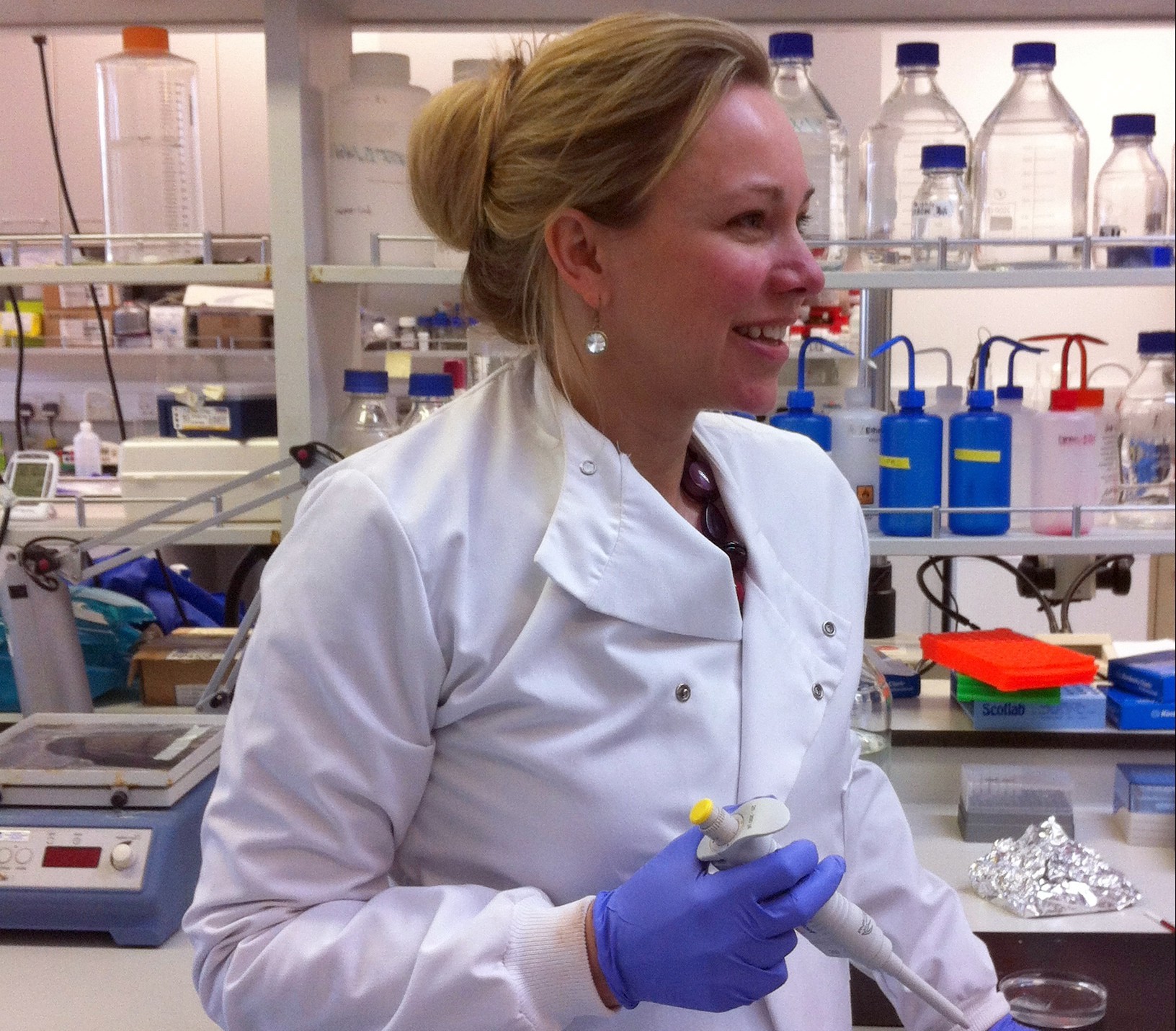Scientists at Aberdeen University have discovered a new hormone in the brain which could revolutionise the lives of diabetes patients.
Working with colleagues from universities across the globe, the researchers have pinpointed that cholecystokinin (CCK), found in the parabrachial nucleus pathway, is a crucial sensor of blood glucose levels and orchestrates responses around the body when levels drop too low.
The team believe this could help diabetics manage their glucose levels more effectively in the future and could lead to the development of new drugs.
Professor Lora Heisler, from the university’s Rowett Institute of Nutrition and Health, said the break could be of particular significance to patients with diabetes who suffer from regular debilitating episodes brought on by low blood sugar.
She said: “For those with diabetes, the effects of insulin on the body are drastically diminished.
“As a result, glucose can build up in the bloodstream and may reach dangerously high levels which can result in serious long term complications.
“To correct this problem, diabetics take insulin or other drugs designed to lower blood sugar levels but if they take too much it can cause your blood sugar level to drop too low, resulting in hypoglycaemia.
“When patients suffer repeated bouts of hypoglycaemia they can develop ‘unawareness’ which means they find it difficult to detect symptoms that their blood sugar levels are falling and it is this group particularly that we hope could benefit from our findings in regard to the role played by CCK.
“So in the future we could develop drugs that could either boost the body’s uptake of the CCK made in the body or perhaps give more CCK externally.
“It is a really exciting find.”
Dr Martin Myers, from the University of Michigan, who co-authored the study with Professor Heisler, said: “The discovery of the important function of this brain hormone raises the possibility of using drugs targeting the CCK system to boost defences against hypoglycaemia, the clinical syndrome that results from low blood sugar. This can be extremely serious and in the most severe cases can lead to seizures, unconsciousness, brain damage and even death.”











